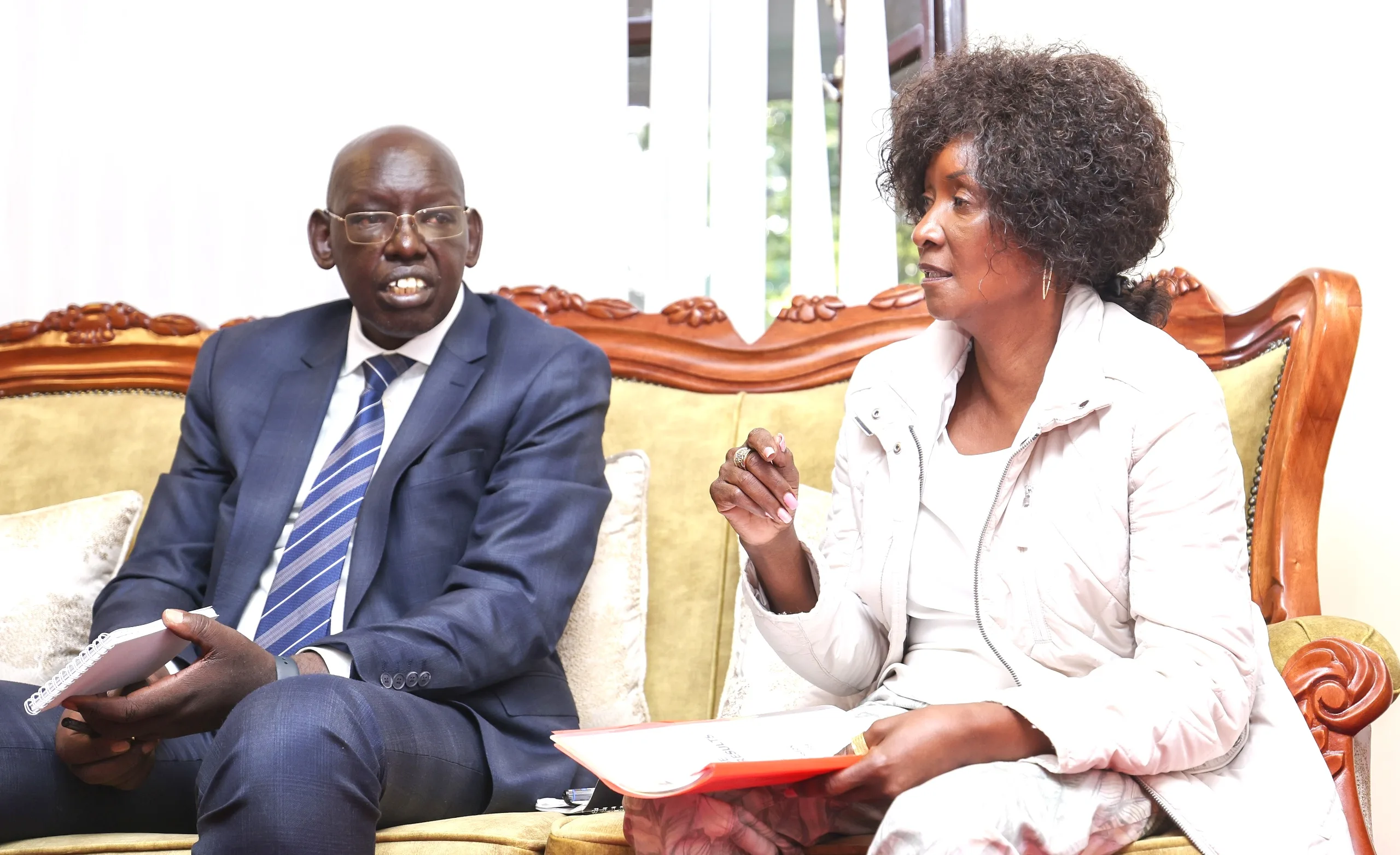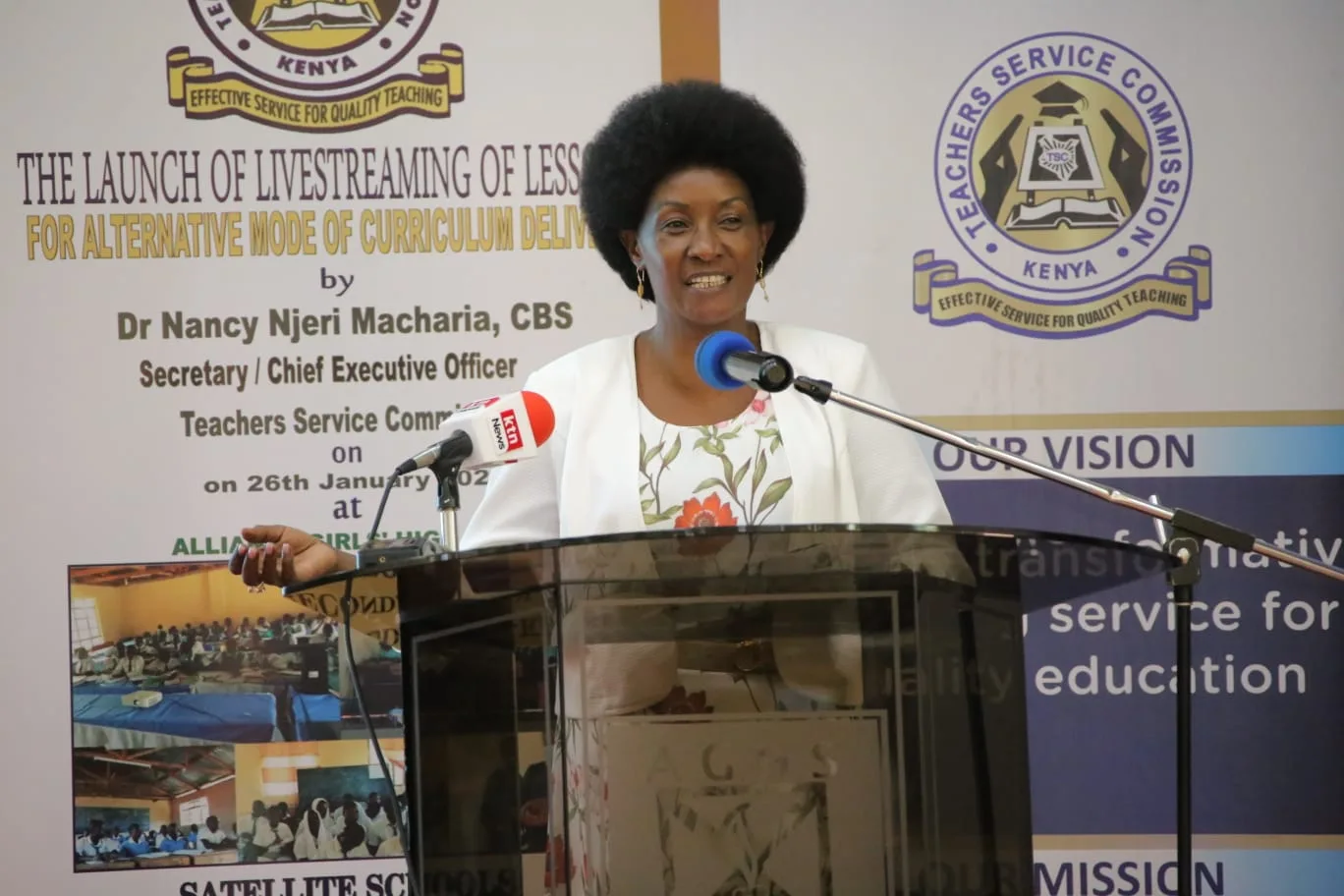Teachers’ Salaries, KNEC Exams at Risk Amid Ksh27 Billion Education Budget Deficit.
A funding deficit of Ksh27 billion has placed thousands of teachers’ salaries at risk of delays, while also threatening crucial educational services across primary, junior secondary, and secondary schools.
The financial shortfall could disrupt learning and add further strain to already struggling institutions.
Addressing the National Assembly Education Committee on February 20, Principal Secretary for Basic Education Dr. Belio Kipsang highlighted the budgetary crisis, cautioning that the lack of funds could cripple essential services.
The Free Day Secondary Education (FDSE) programme, in particular, is facing a deficit of Ksh21.85 billion, leaving nearly a million students without sufficient financial support.
The government allocated Ksh54.886 billion for FDSE, yet the programme requires Ksh76.654 billion. According to Dr. Kipsang, capitation for 3,244,325 students stands at Ksh22,244 per learner, while 9,243 students with special needs receive Ksh50,772 each.
However, due to the existing shortfall, 982,197 students are at risk of missing out on these critical funds, raising concerns over schools’ ability to cover operational expenses, including teacher salaries and infrastructure maintenance.
Many secondary schools are already struggling with inadequate resources, with shortages in classrooms, libraries, and laboratories.
This financial strain may lead to halted projects and delayed salary payments for teachers, who are already overburdened due to understaffing. If salaries are delayed, it could demoralize educators and negatively impact student performance.
Junior secondary schools are also facing financial strain. While the sector requires Ksh46.1 billion, only Ksh45.669 billion has been allocated, creating a Ksh4 billion deficit.
The introduction of the Competency-Based Curriculum (CBC) has intensified financial pressures, necessitating increased investment in teacher training, digital learning tools, and specialized facilities.
Primary Schools and School Meals Under Threat
Primary schools have not been spared from the budget constraints. The sector needs Ksh9.781 billion, but only Ksh9.121 billion has been allocated, leaving a funding gap that threatens vital initiatives such as school feeding programmes and free learning materials.
This shortfall could impact over 650,000 primary school students, potentially hindering their access to quality education at a crucial stage of learning.
School feeding programmes, particularly in marginalized regions, play a crucial role in student retention and academic performance.
A funding reduction could lead to increased absenteeism and lower achievement levels. Stakeholders have urged the government to increase meal allocations from Ksh5 to at least Ksh11 per learner per day to sustain the Low-Cost Boarding School Programme, which supports 411,000 students.
KNEC Exams Facing Financial Struggles
The Kenya National Examinations Council (KNEC) is also grappling with financial difficulties that may disrupt national exams, including the KCSE and KPSEA.
The council requires Ksh3.57 billion but faces a deficit that could impact exam printing, security, and grading processes. Any interruption in national assessments would have serious implications for students preparing for their final exams.
Members of the Education Committee voiced concerns over the severity of the situation. Committee Chair Julius Melly warned that failure to address these financial gaps could weaken the education system, ultimately affecting student outcomes as schools struggle to operate efficiently.
Read Also: KUCCPS Clarifies University Course Application Process and Portal Access
Despite the financial crisis, Dr. Kipsang reassured legislators that the Ministry of Education is taking steps to mitigate the challenges. He reaffirmed the government’s commitment to constructing science laboratories in all senior secondary schools by 2026.
However, concerns persist over the immediate needs of students and teachers, who depend on timely salaries and adequate facilities to support learning. Without urgent intervention, the education sector may face significant disruptions, putting the future of millions of learners at risk.
Teachers’ Salaries, KNEC Exams at Risk Amid Ksh27 Billion Education Budget Deficit
Follow Teachers Updates on Facebook, LinkedIn, X (Twitter), WhatsApp, Telegram, and Instagram. Get in touch with our editors at [email protected].



Discussion about this post